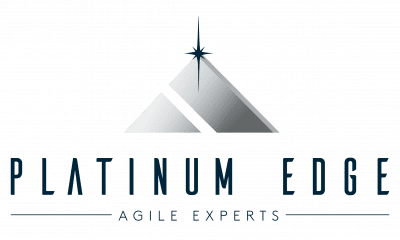by Jason Gardner (Ed.)
Agile methodology has been embraced by many project management teams in recent years, especially in the software development and IT industries. In an agile environment, teams work together to deliver high-quality results in a short period, constantly collaborating and adapting to changes in a flexible manner. However, implementing agile methodologies is not always a straightforward process. When assessing agile teams, several common pitfalls can be found. In this blog post, we will discuss the most common agile assessment findings and how you can address them.
Inadequate communication and collaboration
One of the fundamental principles of agile is collaboration between team members. Often team members work separately on their tasks without collaborating effectively, leading to communication challenges. This can hinder the team, leading to disorganization, misunderstandings, and misalignment of goals. To address this, it is crucial to promote open communication within the team, be consistent in implementing the Scrum ceremonies, and interact with clients on a regular basis to ensure that feedback is received and implemented.
Inefficient Agile ceremonies
Agile ceremonies such as the daily scrum meetings, sprint reviews, and planning sessions are essential for agile team success. However, they can become repetitive and lack excitement leading to inefficiency. One of the ways to address this is by creating a clear agenda with a strong focus on the purpose for each meeting, ensuring that they start and end on time. Facilitating a more interactive environment, promoting equal participation from all team members, and avoiding any distractions can help to keep the meetings fresh and engaging.
Lack of prioritization
Agile teams often work on several projects simultaneously, making it essential to determine priorities. The lack of prioritization can lead to delays, missed deadlines, and quality issues. The product owner has the responsibility to ensure that the backlog is well maintained, and the team is focusing on the highest priorities first. As a leader, it is important to support your product owner’s decisions. Regular discussions with the product owner and other stakeholders will also help to keep the team aligned with project goals.
Limited visibility
Without good visibility, it can be challenging to determine progress and make informed decisions during agile projects. Providing a clear view of project metrics such as velocity, the level of quality, and cycle time will enable agile teams to see the project’s overall progress. This will allow the team to adjust priorities where necessary and address any issues proactively. As a leader, you should ensure that the team has access to the necessary tools to enable visibility.
Lack of Continuous Improvement
Agile requires continuous improvement to achieve better results. The team must continuously reflect, evaluate, and improve their processes and practices regularly. Retrospectives are an essential part of this improvement process, enabling the team to discuss what worked well and what could have been better. As a leader, you should encourage the team to be open, honest, and open-minded during these retrospectives. You should also respect their privacy, understanding that the retrospective is the only closed meeting in scrum – that privacy allows the team to have the open conversations that they need to have.
Conclusion:
Scrum is a flexible framework that can improve project outcomes, but implementing isn’t always a smooth path. However, by addressing common agile assessment findings such as inadequate communication, inefficient agile ceremonies, lack of prioritization, limited visibility, and a lack of continuous improvement, you can enable your agile teams to deliver high-quality results efficiently. As a leader, it is critical to foster an agile culture that supports collaboration, open communication, and consistent improvement to enable long-term project success.
Need more help? We offer agile assessments at any stage.


